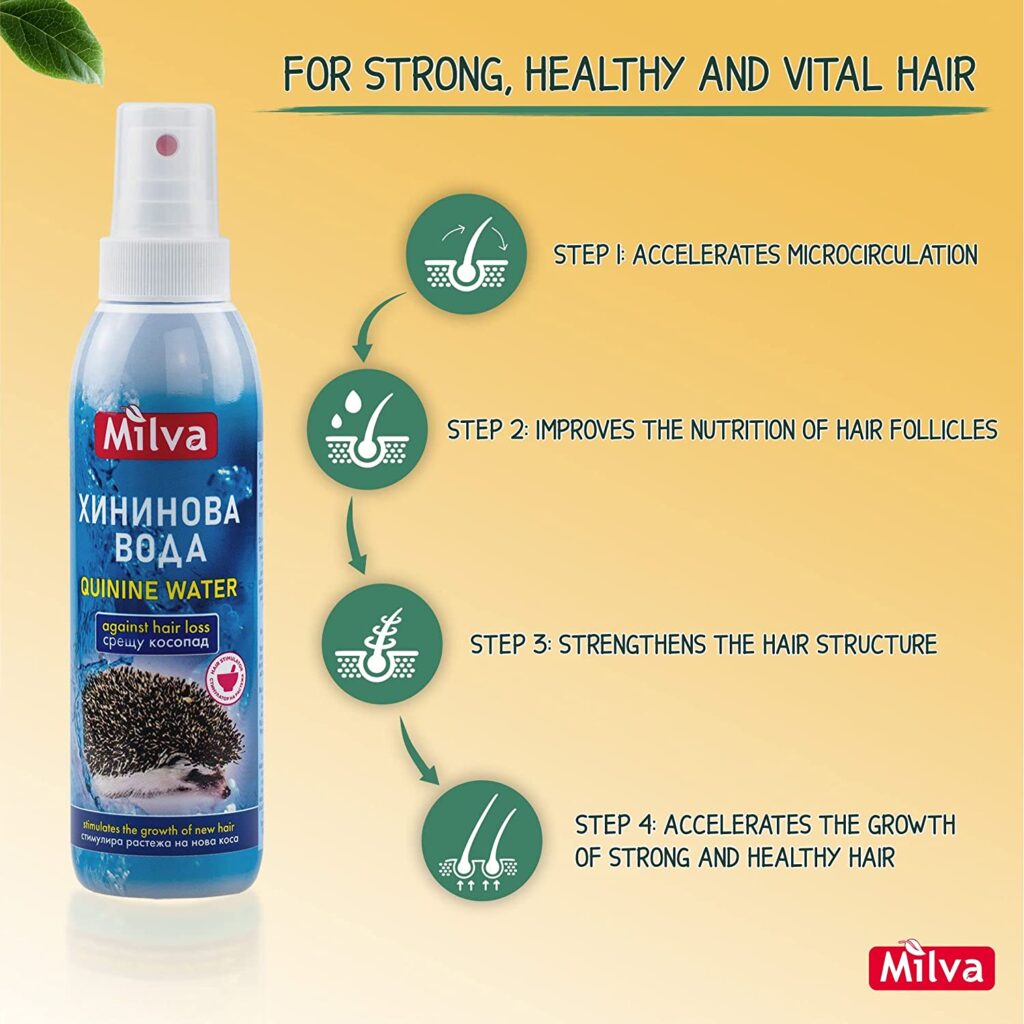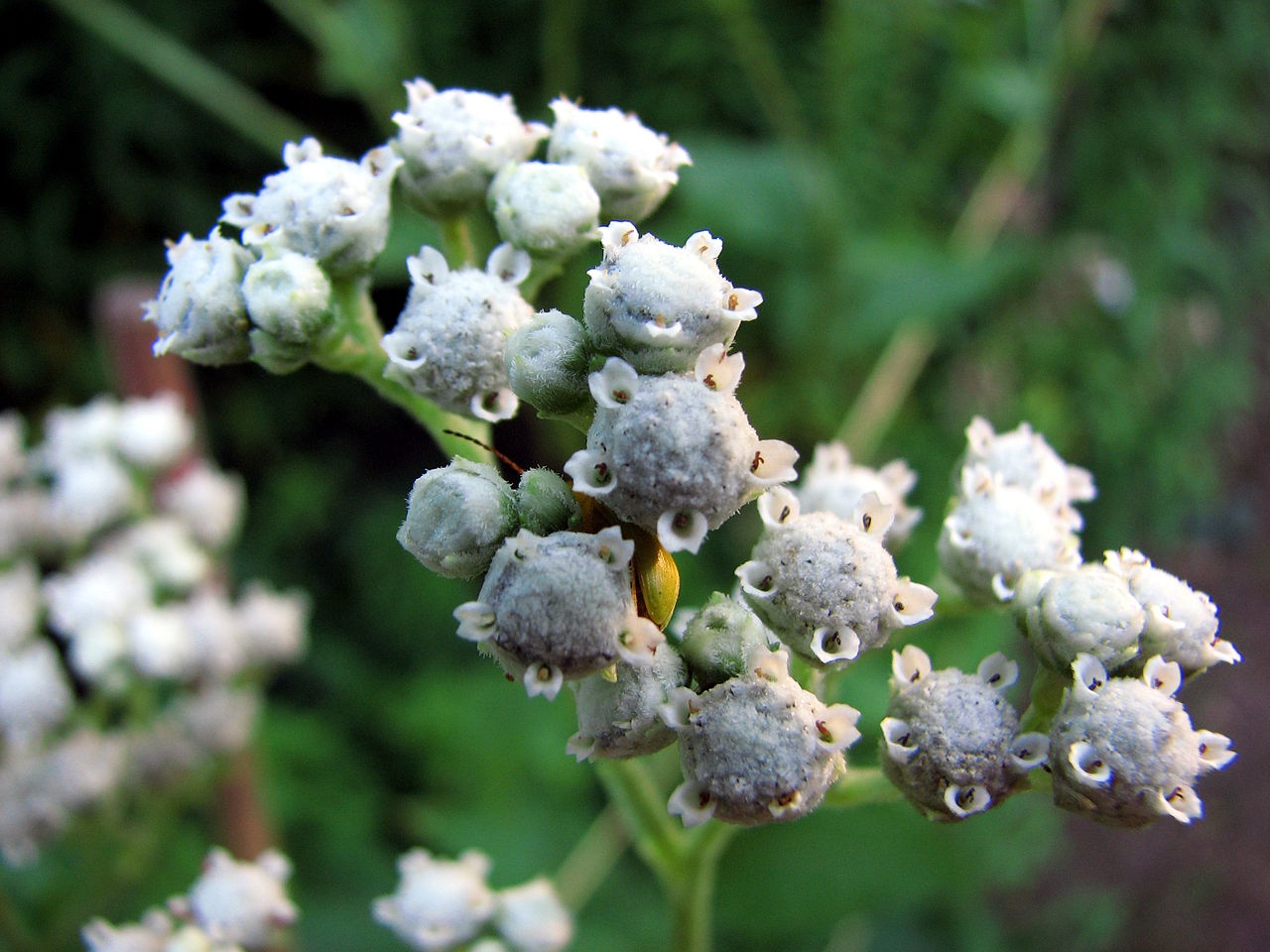Last Updated on December 26, 2022 by Theodore
Quinine is a natural compound that is extracted from the bark of the cinchona tree, which is native to the tropical regions of South America. The cinchona tree belongs to the Rubiaceae family, and it has been used for centuries to treat malaria and other illnesses.
The active ingredient in cinchona bark is quinine, which is a bitter-tasting alkaloid that has been shown to be effective in killing the parasites that cause malaria. The quinine plant is not a specific species of plant, but rather refers to the cinchona tree and its bark, which contain quinine.
Does quinine stop hair loss?
If you do a search for quinine water you will see a wide variety of hair sprays, all claiming it reduces hair loss and promote new hair growth.

Where is the relation between quinine and hair growth?
One of the most popular properties of quinine for cosmetic purposes is its ability to stimulate hair growth as it effectively activates blood microcirculation.
In addition, quinine extract has antiseptic and anti-dandruff action, which soothes the sensitive scalp and removes dandruff. Also, it regulates the scalp metabolism and restores the hair, making it vibrant and shiny.
This happens because quinine has the ability to reach the hair follicle and thus stimulates its vitality.
Note
If it stimulates the hair follicle as stated above, it will only have an effect on weak hair. For any case of baldness or lost hair, it will not have any effect at all!
Quinine-based hair products – shampoos, conditioners, etc., are suitable for people suffering from hair loss and for those whose hair is exhausted by prolonged exposure to chemical and heat treatment.
Quinine takes care of strengthening the hair inside, gives it a natural shine, and makes it easier to comb. In addition, quinine is often included in sunscreen cosmetic products as it is a natural filter that protects against harmful UV rays, making it a suitable product for frequent use of a hair dryer, straightener, curling iron, etc.
Useful properties of the quinine water
One of the most popular properties of quinine for cosmetic purposes is its ability to stimulate hair growth, as it effectively activates blood microcirculation.
In addition, quinine extract has antiseptic and anti-dandruff effects that soothe the sensitive scalp and eliminate dandruff. In addition, it regulates the metabolism of the scalp and restores the hair, making it lively and shiny. This happens because quinine has the ability to reach the hair follicle and thus stimulates its vitality.
Quinine-based hair products – shampoos, conditioners, etc – are suitable for people suffering from hair loss and for those whose hair has been damaged by prolonged exposure to chemical and heat treatments. Quinine takes care of strengthening the hair inside, gives it a natural shine, and makes it easier to comb.
Quinine is often included in sunscreen cosmetic products as it is a natural filter that protects against harmful UV rays, making it a suitable product for frequent use of a hair dryer, straightener, curling iron, etc.
How to use quinine water?
Quinine water can be used both individually and in combination with other ingredients. On its own, quinine water is applied to the roots of dry or damp hair by rubbing gently with the hands. By massaging the head, the quinine is able to enter the roots and further stimulate blood circulation. Whether you use it to fight dandruff or to accelerate hair growth, quinine water can be used daily.
[wpzoom_rcb_post id=”208″]
Final Verdict – Is quinine water effective for hair loss / regrow?
There is no evidence to suggest that quinine is effective for preventing or treating hair loss. Quinine is a natural compound that is extracted from the bark of the cinchona tree and has medicinal properties, specifically as an antimalarial agent.
For male pattern baldness – no
For kids with weak hair – can be beneficial


Thx